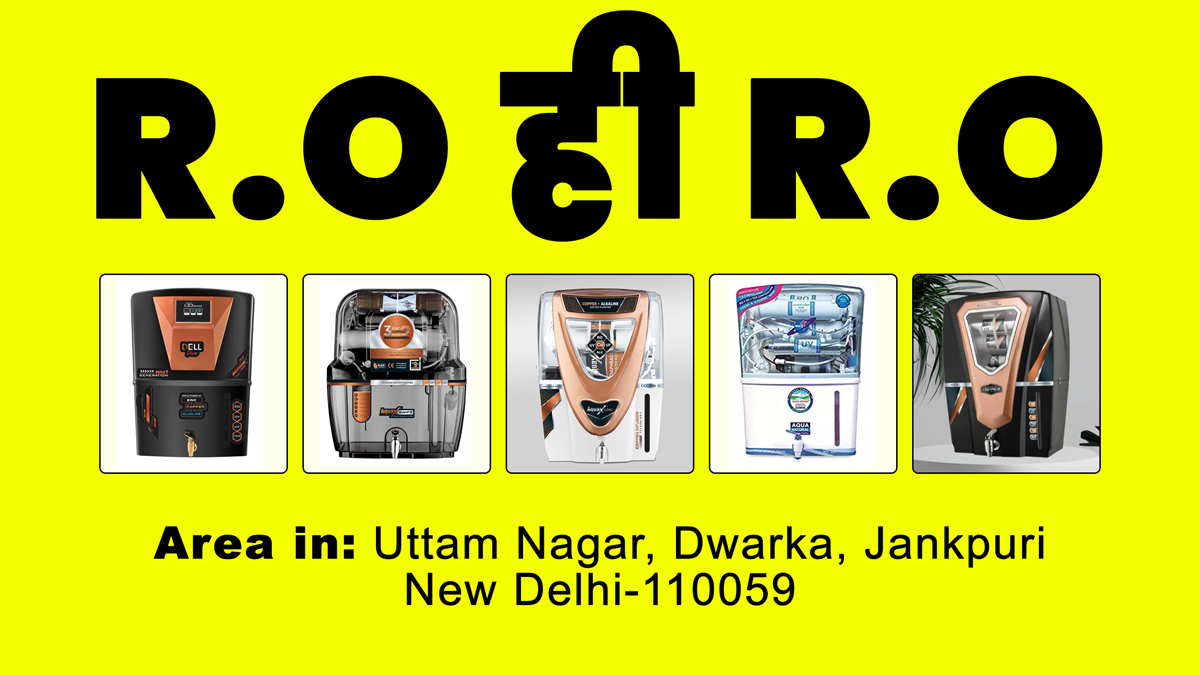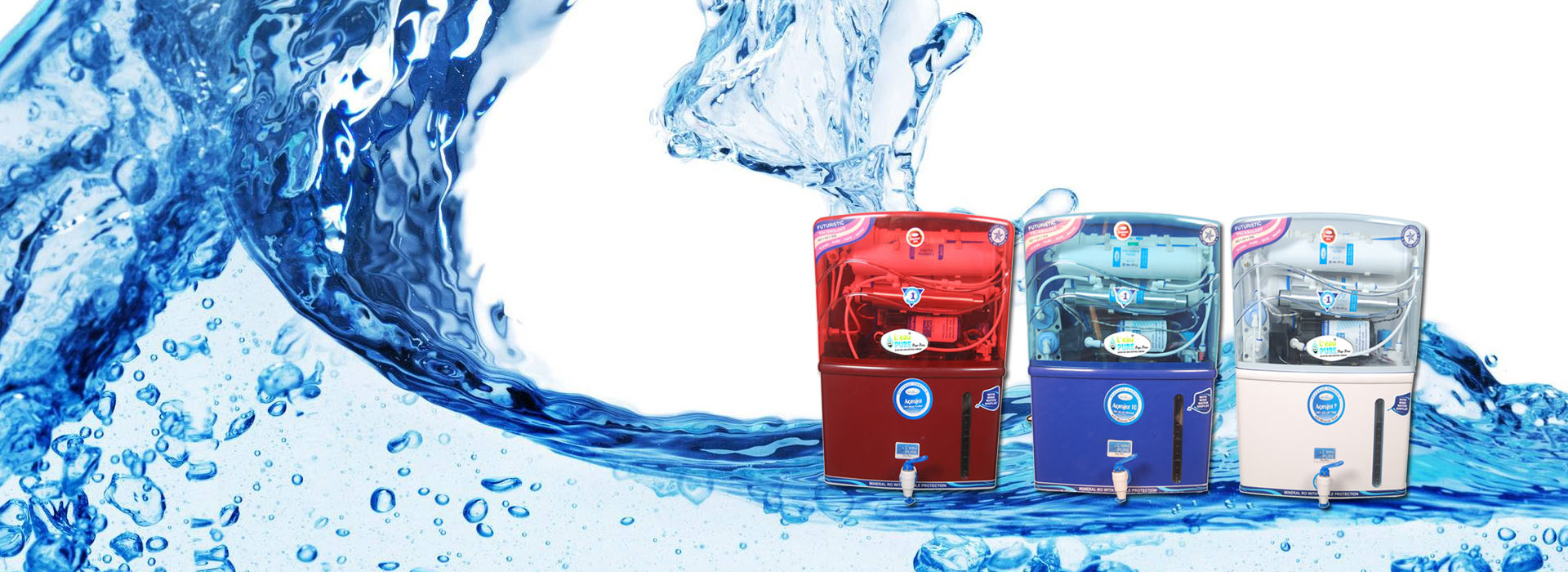When it comes to keeping our valuables safe, we all want the best option available. Two popular choices for secure storage are bank lockers and home safes. Both offer their own advantages and considerations, so let’s explore which option might be better suited for your needs.
Bank Lockers: The Pros and Cons
Bank lockers, also known as safe deposit boxes, are a service offered by banks to their customers. Here are some of the pros and cons of using a bank locker:
Pros:
- High Security: Bank lockers are typically housed in secure areas, protected by advanced security systems and monitored 24/7.
- Off-Site Storage: By storing your valuables in a bank locker, you are keeping them separate from your home, reducing the risk of theft or damage due to fire or other disasters.
- Insurance Coverage: Some banks offer insurance coverage for the contents of their lockers, providing an additional layer of protection.
Cons:
- Limited Access: Access to your bank locker is restricted to the bank’s operating hours, which may not be convenient for everyone.
- Annual Fees: Banks charge an annual fee for the rental of their lockers, and the cost can vary depending on the size of the locker.
- Privacy Concerns: While banks have strict privacy policies, there is always a small risk of unauthorized access to your locker.
Home Safes: The Pros and Cons
Home safes, on the other hand, offer a convenient and accessible option for storing your valuables within the comfort of your own home. Let’s take a look at the pros and cons:
Pros:
- Convenience: With a home safe, you have immediate access to your valuables whenever you need them, without having to visit the bank.
- 24/7 Access: Unlike bank lockers, you can access your home safe at any time, day or night.
- No Annual Fees: Once you purchase a home safe, there are no recurring fees to worry about.
Cons:
- Security: While home safes can provide a certain level of security, they may not be as secure as bank lockers. Safes can be vulnerable to theft if not properly installed or concealed.
- Fire and Water Damage: In the event of a fire or flood, there is a risk that your home safe may not provide adequate protection for your valuables.
- Limited Space: The size of a home safe is limited, so if you have a large number of valuable items, it may not be sufficient for your needs.
Which Option is Better for You?
Choosing between a bank locker and a home safe ultimately depends on your individual circumstances and priorities. If you prioritize high security and are willing to pay an annual fee, a bank locker may be the best option for you. On the other hand, if convenience and immediate access are more important, a home safe might be the better choice.
Consider factors such as the value and size of your valuables, your location, and your personal preferences. It may also be worth considering a combination of both options, using a bank locker for high-value items and a home safe for everyday access to smaller valuables.
Remember, regardless of which option you choose, it’s important to take additional precautions such as keeping an inventory of your valuables, installing a security system in your home, and regularly reviewing your insurance coverage.
In conclusion, both bank lockers and home safes have their own advantages and considerations. Assess your needs, weigh the pros and cons, and make an informed decision to ensure the safety of your valuable possessions.








